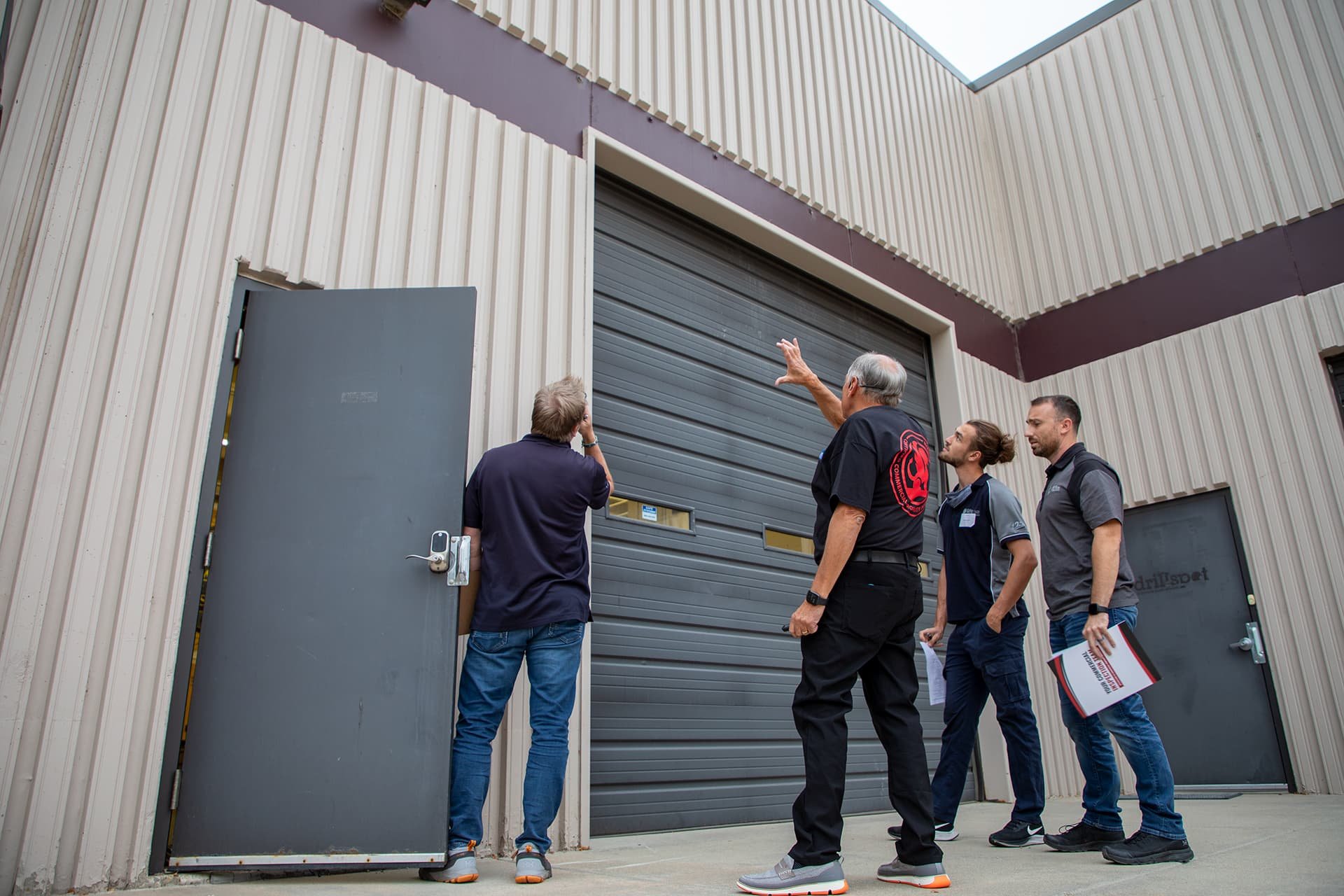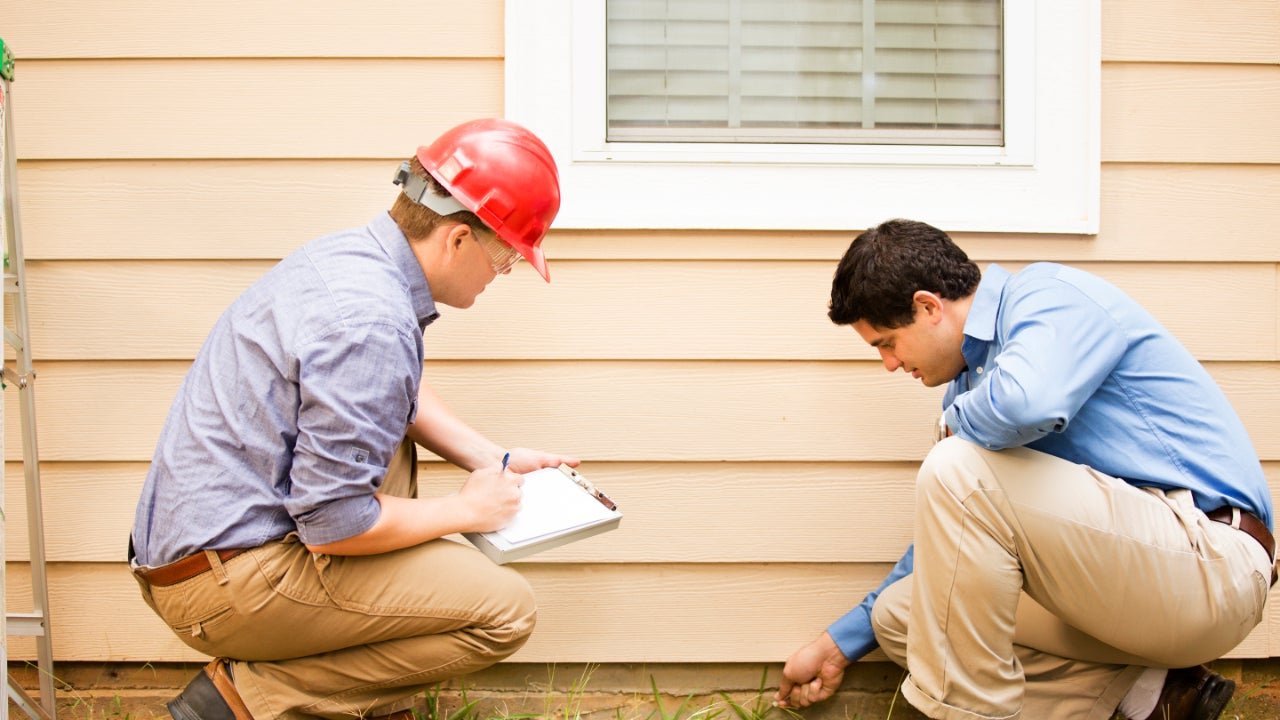Commercial Inspections vs. Residential Inspections
When it comes to property inspections, there are different types of inspections that you may need to consider depending on the type of property you own or are interested in buying. Two of the most common types of inspections are commercial inspections and residential inspections. While these inspections may seem similar at first glance, there are several key differences that property owners and buyers should be aware of. In this blog post, we will explore the main differences between commercial inspections and residential inspections.
What are Commercial Inspections?
Commercial inspections are inspections that are conducted on commercial properties, such as office buildings, retail spaces, warehouses, and industrial buildings. These inspections are typically more complex than residential inspections, as commercial properties are usually larger and have more complex systems and structures. Commercial inspections are usually conducted by a licensed and certified commercial inspector who has experience working with commercial properties.
What are Residential Inspections?
Residential inspections, on the other hand, are inspections that are conducted on residential properties, such as single-family homes, townhouses, and condominiums. These inspections are usually conducted by a licensed and certified home inspector who has experience working with residential properties. Residential inspections typically focus on the overall condition of the property, including the structural integrity, electrical, plumbing, and heating and cooling systems, as well as other components such as the roof and windows.
The Main Differences between Commercial Inspections and Residential Inspections
1. Complexity
Commercial properties are typically more complex than residential properties, and therefore, commercial inspections are usually more complex as well. Commercial properties often have more complex heating, ventilation, and air conditioning (HVAC) systems, as well as more advanced electrical systems, fire suppression systems, and plumbing systems. Commercial properties may also have elevators, escalators, and other specialized equipment that require inspection.
Residential properties, on the other hand, are usually less complex than commercial properties. Residential inspections typically focus on the overall condition of the property, including the structure, electrical, plumbing, and heating and cooling systems.
2. Code Requirements
Commercial properties are subject to more stringent code requirements than residential properties. Commercial properties must comply with the requirements of the Americans with Disabilities Act (ADA), as well as state and local building codes. Commercial inspections will usually include a review of the property to ensure that it complies with these requirements.
Residential properties are also subject to building codes, but these codes are usually less stringent than those that apply to commercial properties. Residential inspections will typically focus on the overall condition of the property, rather than its compliance with building codes.
3. Scope of Inspection
Commercial inspections typically cover a broader scope of inspection than residential inspections. Commercial inspections may include a review of the property's exterior, interior, structure, roofing, plumbing, electrical systems, HVAC systems, and more. Commercial inspections may also include a review of the property's environmental conditions, such as air quality and hazardous materials.
Residential inspections usually focus on the overall condition of the property, including the structure, electrical, plumbing, and heating and cooling systems. Residential inspections may also include a review of the property's exterior, roofing, and other components.
4. Inspection Duration
Commercial inspections usually take longer to complete than residential inspections, due to the larger size and more complex nature of commercial properties. Commercial inspections may take several hours or even days to complete, depending on the size and complexity of the property.
Residential inspections, on the other hand, are usually completed in a shorter amount of time, typically taking a few hours to complete.
5. Cost
Due to the larger size and more complex nature of commercial properties, commercial inspections are usually more expensive than residential inspections. Commercial inspections may cost several thousand dollars, depending on the size and complexity of the property.
Residential inspections are usually less expensive than commercial inspections, typically costing a few hundred dollars.
In conclusion, commercial inspections and residential inspections are two different types of property inspections that serve different purposes. Commercial inspections are more complex and involve a broader scope of inspection than residential inspections. They are also subject to more stringent code requirements and may take longer to complete. On the other hand, residential inspections are usually less complex, take less time to complete, and are less expensive than commercial inspections. Whether you are a property owner or a potential buyer, understanding the differences between these two types of inspections can help you choose the right type of inspection for your property and ensure that you are getting the best possible inspection to protect your investment.
If you’d like to schedule an inspection, contact us now:
🌎 latinspection.com
📞 408-613-5572
✉️ Info@LATinspection.com
📍Federal Way, WA



